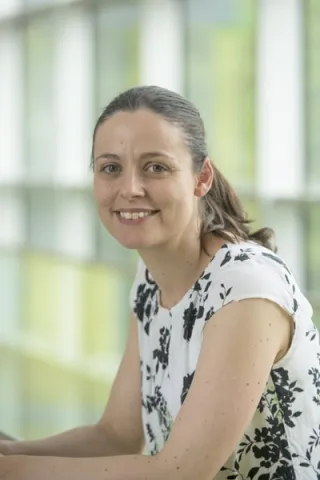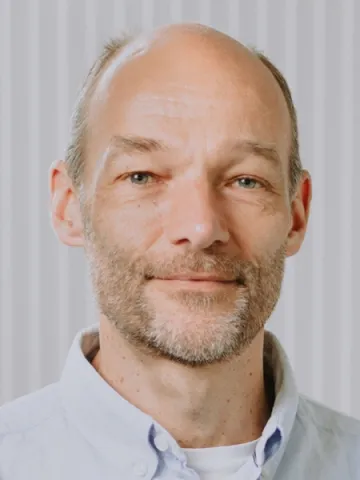About the project
We are looking for a new PhD student, with a background in Physics, Chemistry or Engineering, to join our friendly team, working on a novel gas sensor for applications including next generation energy sources (such as nuclear fusion reactors), sustainable process monitoring and point of care medical diagnosis. If you are looking for hands-on, primarily experimental project, working with an exciting new technology, which spans between academic research and commercial instrument development, then this project could be for you.
The key element of our novel gas sensor is a specialty fibre known as hollow core optical fibre. Within our group we work on all aspects of these fibres, including design and fabrication. Hollow core fibres are an exciting platform for gas-light interactions as they can be filled with the target gas sample to provide a huge interaction length between the confined gas molecules and the guided light. The sensor will detect Raman scattered light from the gas sample contained in the hollow core fibre which will provide a unique spectral fingerprint of the target gas.
In this project you will have the opportunity to learn how to design and simulate the properties of these fibres as well as to develop hands-on experience of fibre characterisation and applications. We will work closely with an industrial partner, and you will spend time working with them to develop a prototype instrument in their facilities. This will provide you with first-hand experience of how academic research can translate into a commercial product and maximise the impact of your research. You will also have opportunities to present your work at international conferences and publish in academic journals.
In the first year of your PhD, a structured training programme runs alongside the research project, providing a gradual transition from taught degree to open-ended research. Students present their work at international conferences, first-author papers in leading academic journals and emerge with skills at the forefront of glass and fibre optics research. Former PhD researchers have made successful careers in universities worldwide or as industry scientists and business leaders.

